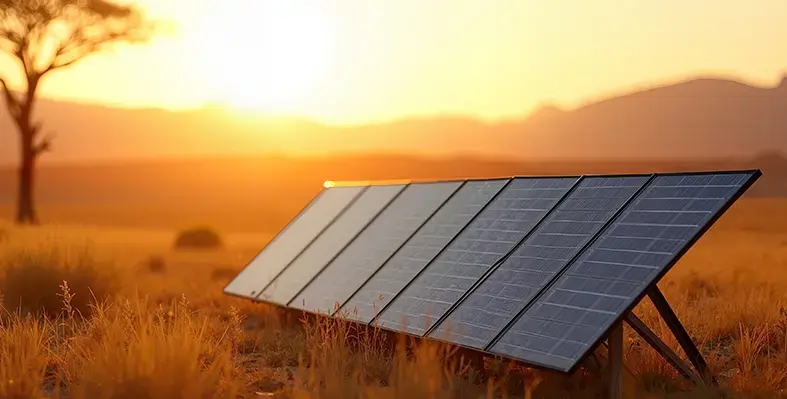
OEG secures three multi-year Qatar contracts, investing in new equipment and expanding operations across the Middle East. (Image source: OEG)
OEG has strengthened its presence in the Middle East with three multi-year contract awards and renewals in Qatar, reinforcing the company’s long-standing partnerships and commitment to sustainable regional growth
The agreements cover the rental of nearly 700 units, including technical and lifting assets, cementing long-term collaboration with a leading oilfield services company, another major service provider, and a prominent E&P organisation.
To support these operations, OEG has invested around US$6mn in approximately 650 new pieces of advanced equipment, specifically designed for the challenging conditions of the Middle East. This investment enhances OEG’s market position and customer retention across Qatar, the United Arab Emirates (UAE), Saudi Arabia, and Kuwait, and is projected to generate up to US$2.8mn in year-on-year growth while strengthening its regional operational footprint.
The company has also expanded its team, adding 10 employees across industrial gases, HSEQ, finance, and operations. In the UAE, this includes Peter Steyn as Regional Sales Manager, Abdulhalim Khamis as Senior HSEQ Manager, and Suresh Shanmugam as Industrial Gas Specialist.
With 35,000 m² of yard and office space across the UAE, Qatar, and Saudi Arabia, OEG’s 40-strong regional team now operates one of the most advanced hubs for high-volume unit handling in the region.
The largest of the new contracts covers more than 550 assets, including enhanced oil recovery, and introduces OEG’s technical innovation: IMDG-certified nitrogen quads mated with a DNV-certified lifting frame. This solution allows higher-pressure gas delivery without additional boosting equipment, improving safety, efficiency, and operational flexibility.
The second agreement, executed through OEG’s local partner Venture Gulf Engineering, a subsidiary of Al Nasar Holdings, involves around 120 cargo container units (CCUs) and continues the companies’ long-standing partnership.
The third is a contract extension until next June, building on a collaboration established in 2019, which now utilises over 2,000 OEG assets.
Chris Kleinhans, OEG regional director for the Middle East, said, “We’re very proud to continue the momentum for our business in Qatar through this trio of contracts. They reflect the strength of the relationships we’ve built across the region and the confidence our clients have in our integrated, full-service capability to deliver a rapid and reliable response.
“Our One Energy Group model is creating real value and positioning us for sustainable growth, both regionally and globally, as we diversify into new industrial markets. For example, one of the Qatar contract extensions expands our existing scope with the client by around 40%. It also opens opportunities in adjacent sectors for our new nitrogen quad transportation solution — including healthcare, manufacturing, and agriculture — where demand for industrial gases continues to rise. Together, these achievements further anchor OEG for its next phase of growth across traditional and emerging energy sectors in the region.”










